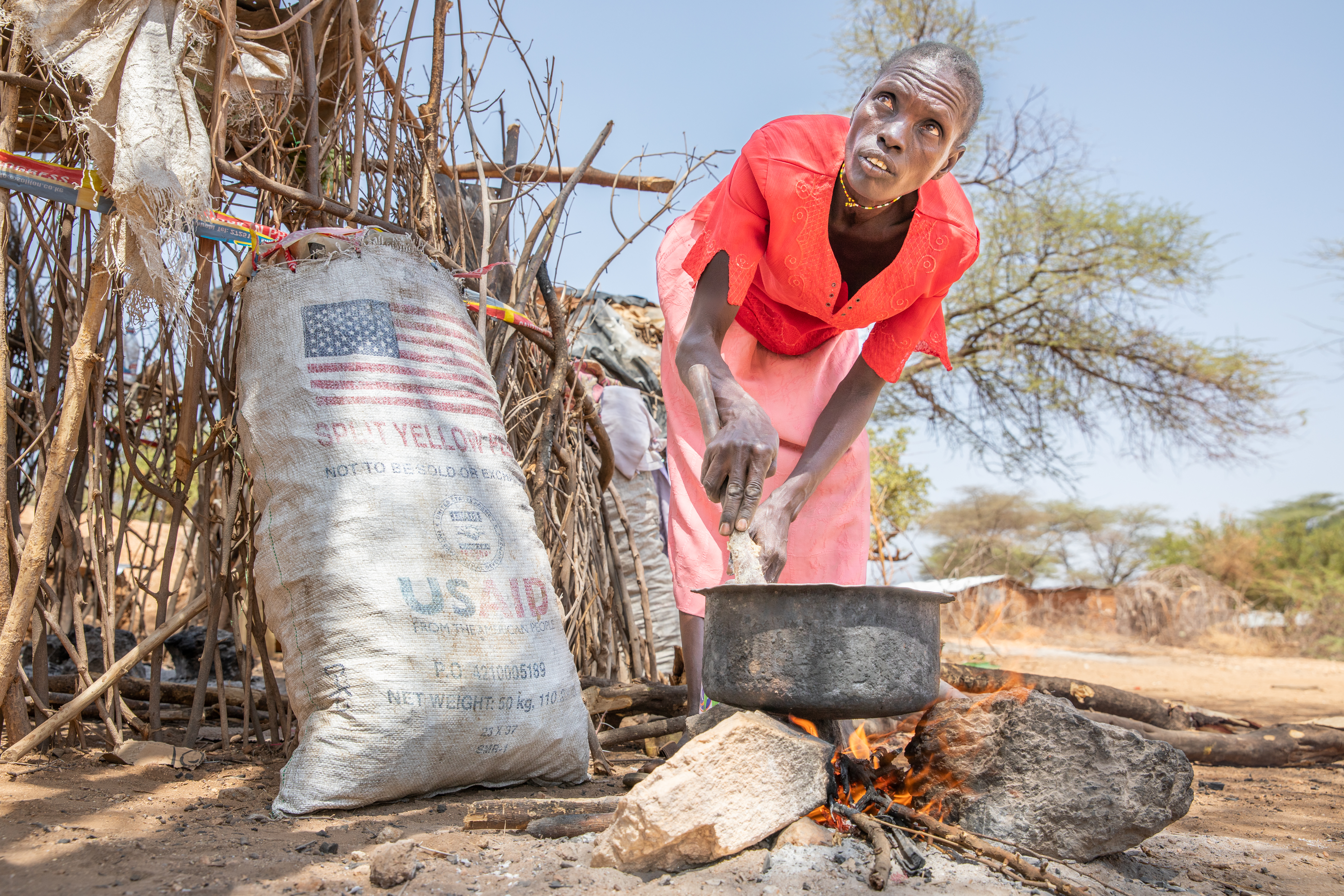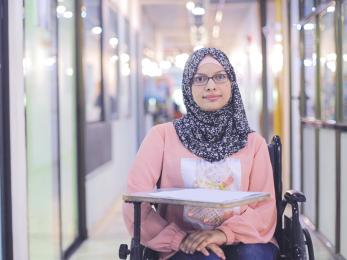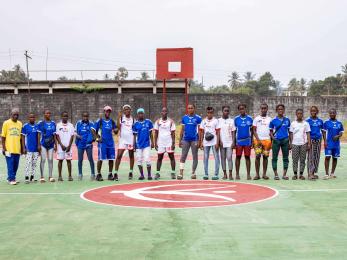What is the effect of COVID-19 on girls’ education?

Amina walks to the well and fetches water to start off her day. She washes last night’s dishes before she can work on the family laundry. Planning out her days and filling them with chores has been her routine ever since Kenya’s government closed all educational institutions in the country due to COVID-19. Her new routine means that anything to do with school and books is no longer a priority, since her family has more pressing needs like taking care of her younger brother.
This essentially locks out any thoughts about her books — still in a tattered bag that her mum threw under their makeshift bed. The books will lie there until the government announces through radio that schools are set to reopen. This is just one representation of many students in rural areas who can’t afford access to a quality education and are further affected when schools are closed.
Already, there is so much uncertainty in the whole world with everybody affected in one way or the other. It has been just a couple of weeks, but it has felt like a lifetime already. Vulnerable communities in remote places will face more problems in terms of social and economic well-being than others. Pastoralist communities face many uncertainties on a daily basis, but the uncertainty that comes with a pandemic may be more difficult.
There is still limited awareness about the virus among people in Amina’s community. Most believe that COVID-19 will never reach them, that no cases will be reported here, that they are all safe, and that it is now, and will continue to be, business as usual. This is their strong belief, and my teams’ utmost hope. But the world is prepared, the system is prepared and the government has put up measures including closure of schools.
The pandemic is having a tremendous effect on learning in communities where education is already not a priority, specifically girls’ education. Millions of girls are out of school, most of them adolescent mothers, some divorced or even widowed.
A lot needs to be done in these communities in terms of quality of and access to education, and COVID-19 worsens a situation that is already bad. After this period of pandemic, statistics will surely show an increased number of school dropouts by adolescent girls due to forced marriages and teenage pregnancies.

School has long been a safe haven for vulnerable girls. Those who were in boarding schools received support and protection from the government. But now that they are confined to their homes, what will happen? Your guess is as good as mine. Most girls have no food, basic supplies like sanitary towels nor the resources to study from home.
Unfortunately, many vulnerable girls will be exposed to harmful cultural practices like Female Genital Mutilation and early or forced marriage. In some areas, girls become engaged as early as four years of age. Some get the opportunity to be in school just to learn the basics. Fewer are lucky to be given the opportunity to learn up to grade eight, but it’s an opportunity that will surely be taken away.

In my community, March, April and September are the months for traditional weddings. In Kenya, students have been at home for the months of March and April, and they may still be home in September. For now, the exchange that happens with marriage is very simple. Due to government restrictions on social gatherings, only a few family members in the same remote village will come together and sell off their girl without anybody in authority knowing. As a result, many young girls will be forced into early marriage.
I remember when my mates and I were in primary school. Some of us were engaged at a very young age. We had no resources, but luckily our parents gave us the opportunity to learn up to grade eight. We looked forward to being in school because that was the only place we could get basics like food and sanitary towels. School was the only place to prove ourselves worthy and escape harmful practices.
We looked forward to social gatherings — specifically in church — because that is where we could get an opportunity to play with our mates and get support. As a group of teenagers, church was also where we started creating our own small work opportunities, getting stipends to support our vulnerable selves.
Because my story is the same as that of so many other vulnerable girls today, I am scared for them. I am, like so many of us, scared for my own future. But their futures come with more uncertainty. How many girls will get the opportunity to get back to school after this pandemic?

Over this period, a focus on advocating and talking about keeping girls in school is as important as building awareness on proper hygiene and how to prevent the spread of COVID-19. It is girls’ education that produces exceptional gains in areas of health, infant mortality and the economic well-being of families.
I am speaking on the need to have every child back in school once this pandemic ends. I am speaking for universal education — the need for every girl and boy to report back to school so they can build their futures.



